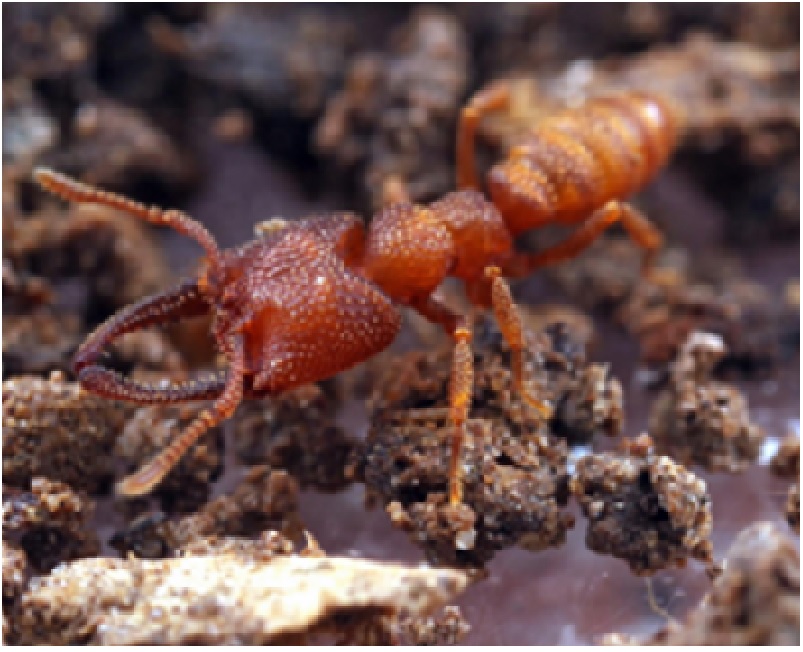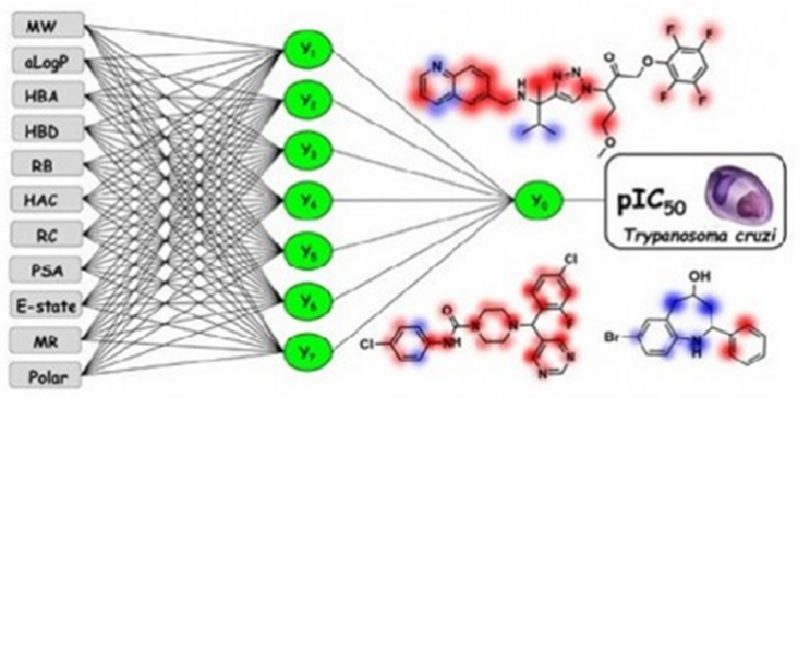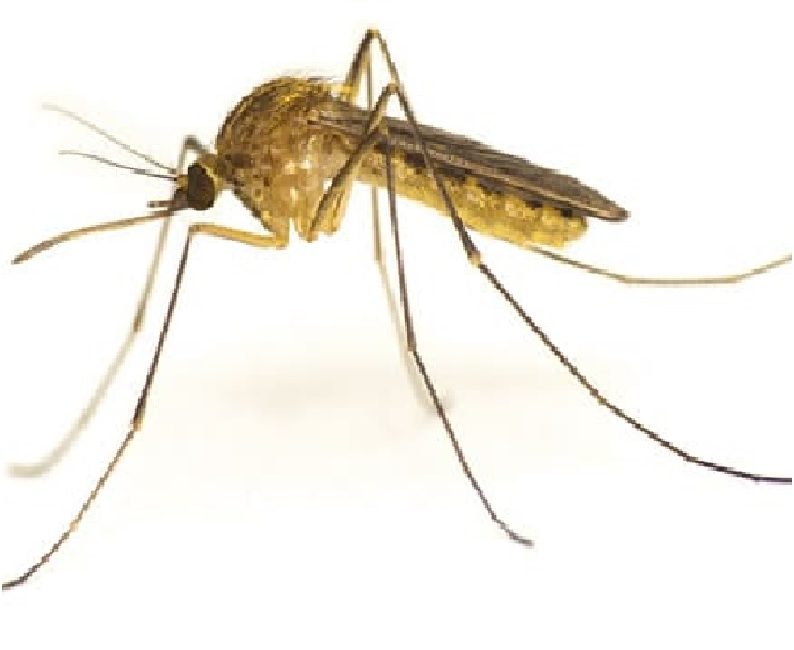
Social insects, such as ants and termites, have the ability to produce molecules that act as protection against environmental aggressions. One of the strategies is the association with symbiotic microorganisms, in most cases bacteria, which synthesize molecules with antimicrobial activity.
In a project recently approved by a joint initiative of FAPESP and the National Institutes of Health (NIH), researcher Mônica Tallarico Pupo, professor at the Faculty of Pharmaceutical Sciences of Ribeirão Preto (FCFRP) at the University of São Paulo (USP), will work with Jon Clardy, a Harvard University team, to investigate the microbiota associated with Brazilian ants, with the expectation of identifying and characterizing new natural products that may originate new drugs.
According to Mônica Pupo, the work will initially focus on leaf-cutting ants, such as the saúva, since these species are the best known, in relation to their symbiosis. One of the important characteristics of leaf saws is the habit of carrying biological material, usually plants, to the nest, to feed cultures of fungi on which ants feed. This nutrient-rich environment becomes vulnerable to attack by opportunistic microorganisms, which in turn have their action inhibited by symbionts.
Biomes such as the Cerrado, Atlantic Forest, Amazon and Caatinga, will serve as regions for hunting ants. In these diverse environments, the team plans to identify about 500 strains of bacteria each year. The work will consist of collecting insects and fragments of the nests, which will then be analyzed in the laboratory for the identification of existing bacterial species, using molecular biology methods. The objective is to catalog and cultivate microorganisms, extract and evaluate extracts in relation to their ability to inhibit the growth of fungi, parasites that cause Chagas disease and Leishmaniasis and also cancer cells.
The team is composed by Cameron Currie (University of Wisconsin-Madison), Fabio Santos do Nascimento (Faculty of Philosophy, Sciences and Letters of Ribeirão Preto at USP), André Rodrigues (Paulista State University in Rio Claro), Adriano Defini Andricopulo (Instituto de São Carlos Physics, USP), James E. Bradner (Harvard Medical School), Dana-Farber (Cancer Institute), Timothy Bugni (University of Wisconsin – Madison) and David Andes (University of Wisconsin – Madison).







